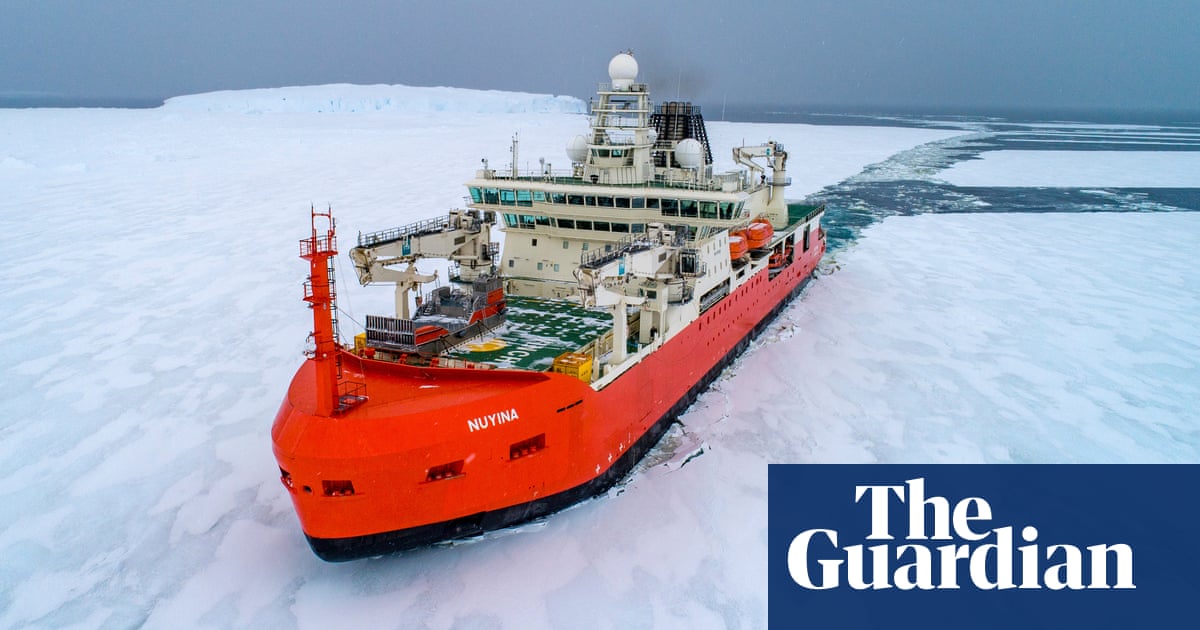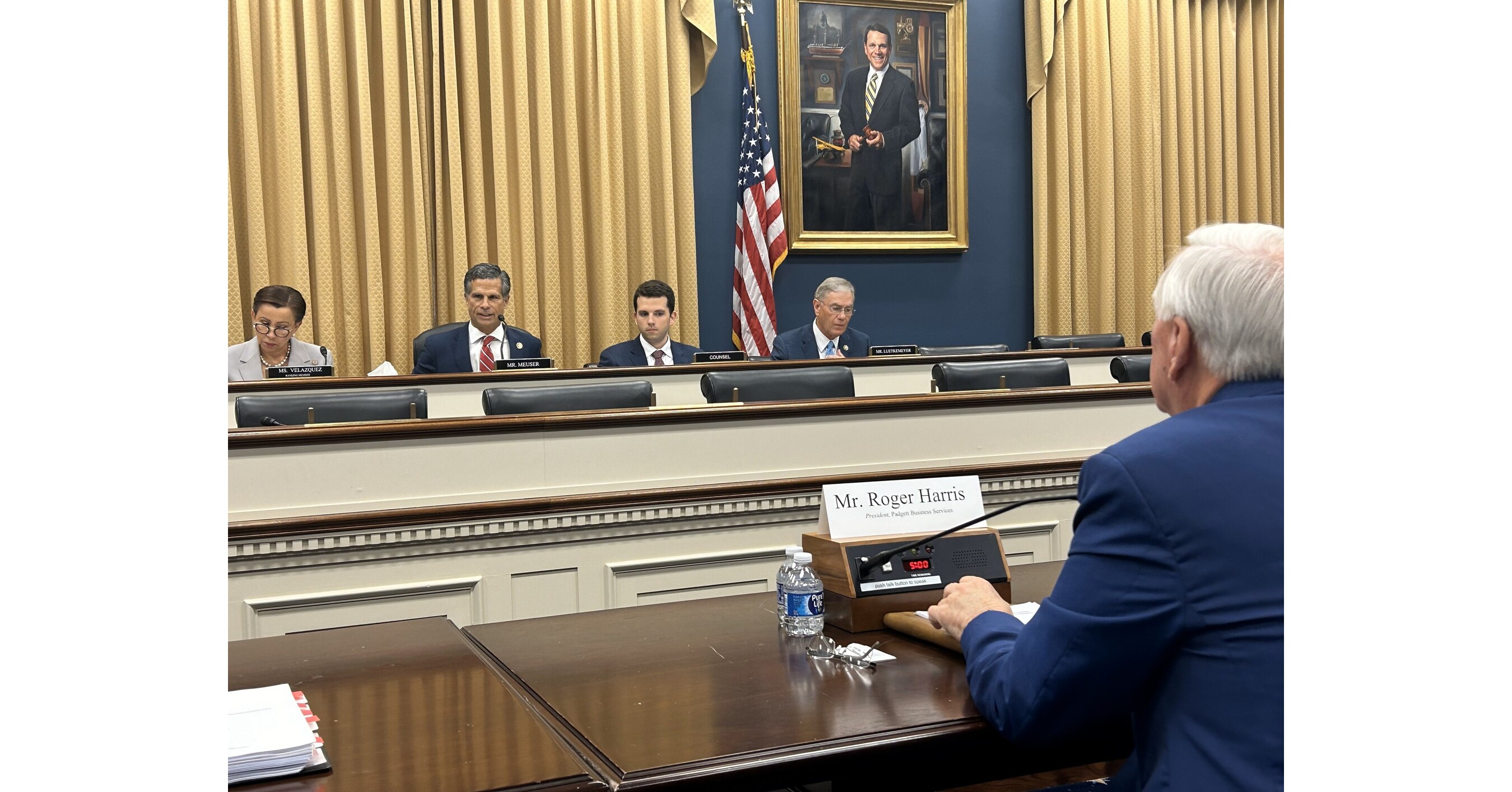The Australian government should consider introducing a second ship to increase the number of voyages to the southern continent to significantly boost Antarctic science, a cross-party parliamentary committee has recommended.
The Senate inquiry into the Australian Antarctic Division (AAD) found axed scientific programs, a toxic workplace culture and a trouble-plagued icebreaker were some of problems stemming from failures in the division’s funding and governance model.
The Greens-chaired inquiry was launched after a leaked email revealed the division would have to find $25m in savings, largely as a result of overspending. Guardian Australia revealed last year this had led to the cancellation or delay of some scientific work.
In a report published on Thursday, the committee made 16 recommendations supported by government, opposition and Greens senators to fix systemic issues within the AAD.
They include developing a business case for the acquisition of a second ship that would be used primarily for logistics, which would allow the Antarctic icebreaker, RSV Nuyina, to “be deployed with a greater focus and frequency on science projects”.
The report calls for a significant funding boost to increase the number of shipping days for the RSV Nuyina to 250-300 days per year.
The RSV Nuyina has not completed a scientific voyage since coming into service in 2021, instead being used for resupply missions, and has been plagued by technical problems.
Issues included a malfunctioning crane that prevented cargo from being unloaded on a resupply trip to Mawson, software bugs and stability control concerns that prevented the ship from travelling under Hobart’s Tasman Bridge and instead forcing it to refuel in Burnie, more than 500km away.
It follows warnings Australia is not paying close enough attention to changes under way in the southern continent, including a historic drop in floating sea ice cover and the accelerating melting of giant ice sheets.
The inquiry heard evidence last year that the number of scientists on Australian Antarctic bases had more than halved over the past decade and science capabilities had declined over time.
“A point of great concern repeatedly raised in evidence to the committee is that Australia has not conducted a dedicated marine science voyage to the Antarctic or Southern Ocean for five years, or a marginal sea ice expedition for 10 years,” the Greens’ healthy oceans spokesperson, Peter Whish-Wilson, said.
Whish-Wilson said science at the AAD was deprioritised by the previous Coalition government, “causing devastating impacts on the division’s culture”.
“The good news is there’s cross-party support for Antarctic science to be front and centre to the mission of the AAD,” he said.
Further recommendations call for performance targets and other accountability measures to shift the division’s focus back to crucial Antarctic science and for the government to release the draft decadal plan that would guide the scientific program. The inquiry recommended the plan be fully funded as part of the 2025-26 budget.
The report urges the Department of Climate Change, Energy, Environment and Water to implement all the recommendations of an independent review of the AAD’s workplace culture and proposes a separate independent review of the management, culture and performance of the AAD’s operations and logistics branches.
The committee found there had been recent improvements to the AAD’s business practices and a “significant change for the better” since the appointment of Emma Campbell as the division’s director and changes to other key personnel.
The Coalitions’s environment spokesperson, Jonathon Duniam, said: “Antarctic science and research is really important to Australia and governments should always be supporting it significantly.
“This inquiry has confirmed – in a number of ways – that the Albanese government has been completely disengaged and disinterested in doing that, and that is profoundly disappointing.”
A spokesperson for the AAD welcomed the report and said the government would consider the recommendations and respond in due course.
“The report highlights some of the excellent progress the division has made in the 2023-24 Antarctic season, along with positive steps forward in leadership and governance,” they said.







